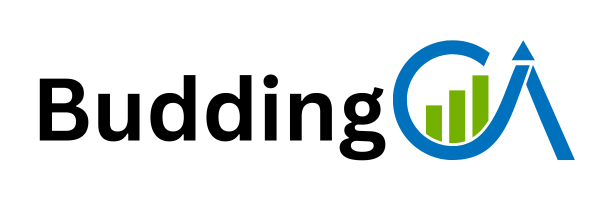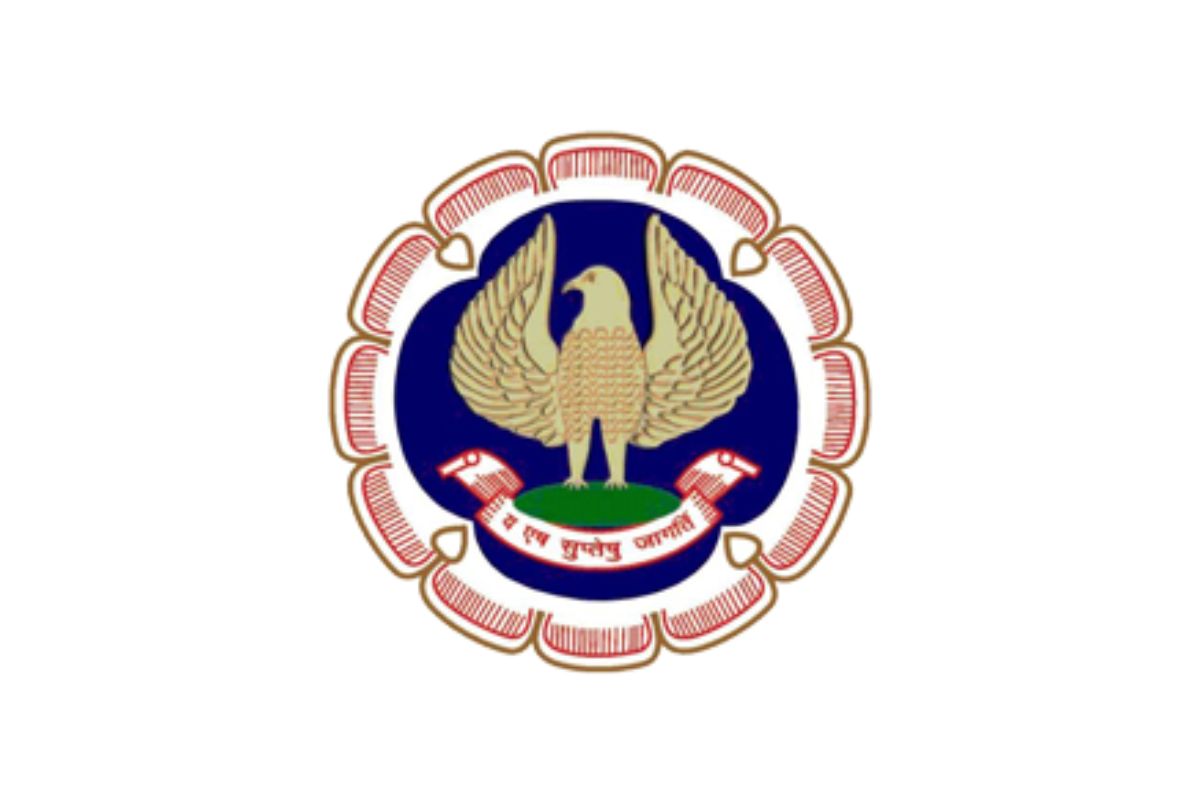The Institute of Chartered Accountants of India (ICAI) is the apex body that regulates the profession of Chartered Accountants (CAs) in India. One of the major initiatives introduced by ICAI is the Peer Review process, aimed at enhancing the quality of audit and assurance services provided by CA firms.
Peer review is a process of evaluating the quality of services and compliance with professional standards by independent professionals or peers. In simple terms, it is an internal audit of CA firms, ensuring that their work aligns with the required ethical, technical, and professional standards.
In this article, we will explore what the Peer Review process is, its objectives, its implementation, and how it benefits both CA firms and the profession at large.
What is Peer Review?
Peer review is a quality assurance process that allows an independent reviewer (a fellow Chartered Accountant) to assess whether a CA firm’s practices align with the required standards. This review ensures that a firm’s auditing, assurance, and other professional services comply with the technical, professional, and ethical standards as laid down by ICAI.
ICAI introduced the Peer Review process as part of its commitment to enhance the quality of audits and assurance services provided by CA firms. Through peer reviews, ICAI ensures that auditors maintain high-quality standards and that the auditing process is carried out in a systematic, consistent, and ethical manner.
Objective of the Peer Review Process
The primary objectives of the Peer Review process are:
- Compliance with Professional Standards: The Peer Review ensures that the auditing firm adheres to the technical, professional, and ethical standards outlined by ICAI.
- Improved Quality of Audit Services: Through the review, areas of improvement in the quality of services are identified, and firms are provided with constructive feedback to enhance their performance.
- Accountability and Transparency: It fosters transparency in the auditing process and ensures accountability within the profession.
- Compliance with ICAI’s Code of Ethics: ICAI has a comprehensive Code of Ethics that every CA firm must follow, and the Peer Review ensures compliance with these ethical guidelines.
- Promote Trust and Credibility: A firm that successfully undergoes the peer review process gains a certificate that acts as a testimony to its quality, which helps build trust and credibility with clients and regulatory authorities.
Phases of the Peer Review Mandate
The Peer Review mandate by ICAI has been implemented in phases, starting from April 1, 2022. Each phase gradually expands the scope of firms and entities that are required to undergo peer reviews.
- Phase 1 (April 1, 2022): The mandate applies to firms auditing listed entities and other Public Interest Entities (PIEs), which include banks, insurance companies, and large public sector undertakings (PSUs).
- Phase 2 (April 1, 2023): The mandate expands to include firms auditing unlisted public companies with a paid-up capital of not less than 500 crores or an annual turnover of 1000 crores or more.
- Phase 3 (April 1, 2024): This phase extends the mandate to firms auditing entities that have raised funds from public or financial institutions exceeding 50 crores.
- Phase 4 (April 1, 2025): Finally, the mandate will cover all remaining eligible practice units, including firms auditing smaller public sector entities and those with three or more partners.
By gradually expanding its scope, ICAI aims to ensure that all firms providing statutory audits and assurance services undergo a quality check by 2025.
How Does the Peer Review Process Work?
The Peer Review process follows a structured, step-by-step approach. Here’s a breakdown of the process:
Selection of Practice Unit (PU)
A practice unit (PU), which refers to a CA firm, is selected for the peer review process by ICAI. The selection is based on risk profiles, regulatory requirements, and the nature of the firm’s engagements. Firms may also voluntarily request a peer review.
Appointment of Peer Reviewer
Once a practice unit is selected, ICAI appoints an independent peer reviewer to assess the firm. The reviewer is an experienced Chartered Accountant who has completed ICAI’s Peer Review Training. The reviewer is also required to sign a confidentiality declaration (Form-2) before proceeding with the review.
Preliminary Communication and Document Submission
Before the review begins, the peer reviewer contacts the firm and requests preliminary details about its operations. The firm needs to submit documents such as:
- A list of clients and the types of engagements handled.
- Details about the firm’s organizational structure, quality control systems, and internal policies.
- Copies of any previous peer review reports, if applicable.
On-Site Review
The reviewer visits the practice unit’s office to evaluate compliance with ICAI’s standards. During the on-site visit, the reviewer checks:
- Documentation related to audit and assurance services, including engagement letters and audit plans.
- Adherence to auditing standards and quality control procedures.
- Compliance with ethical standards and communication protocols with clients.
- Evaluation of the firm’s internal systems, including staff training, resource allocation, and overall procedures for assurance engagements.
Peer Review Report
After the on-site review, the peer reviewer prepares a report that outlines:
- Areas where the firm complies with ICAI’s standards.
- Observations on deficiencies or gaps in processes.
- Suggestions for improvement in various aspects of the firm’s operations.
The report is submitted to the Peer Review Board (PRB) for evaluation and approval.
Submission to Peer Review Board (PRB)
The report is reviewed by the Peer Review Board of ICAI, which assesses the firm’s compliance with the peer review requirements. If the firm is found to meet the necessary standards, it is issued a Peer Review Certificate. In case of non-compliance, the firm must address the deficiencies and undergo another review.
Issuance of Peer Review Certificate
If the practice unit meets the required standards, ICAI issues a Peer Review Certificate. This certificate confirms that the firm adheres to ICAI’s technical, professional, and ethical standards, providing credibility to the firm’s audit and assurance services.
Documentation Required for Peer Review
The practice unit must ensure that all the necessary documentation is ready for review. This includes:
- Engagement Letters: Signed agreements between the firm and clients for each attest assignment.
- Audit Plans and Risk Assessments: Detailed documentation showing how the firm approaches audit engagements and assesses potential risks.
- Working Papers: Properly organized working papers that document the audit process and conclusions.
- Communication Records: Evidence of communication between the firm and its clients, including feedback and responses.
- Internal Policies: Records showing the firm’s adherence to internal quality control policies and procedures.
Benefits of the Peer Review Process
The Peer Review process offers several benefits for both individual Chartered Accountants and their firms:
- Quality Assurance: Peer reviews help identify areas where a firm can improve, ensuring higher quality in audit and assurance services.
- Regulatory Compliance: It ensures that the firm complies with ICAI’s technical, professional, and ethical standards, as well as any relevant regulations.
- Client Confidence: A firm that has successfully undergone peer review can use the Peer Review Certificate to demonstrate its competence and credibility to clients, boosting trust and business prospects.
- Professional Growth: The peer review process encourages continuous learning and professional development by providing constructive feedback.
- Public Trust: Peer-reviewed firms are perceived as more trustworthy, helping build public confidence in the CA profession and the auditing process.
Common Challenges and Solutions
While the Peer Review process is beneficial, it can present challenges for some firms:
- Incomplete Documentation: Ensure that all relevant documents are organized and readily accessible before the review.
- Lack of Quality Control Systems: Implement a robust internal quality control system aligned with ICAI’s guidelines.
- Unprepared Staff: Regular training for staff on ICAI’s standards and the peer review process can help ensure smooth compliance.
- Time Management: Preparing in advance by organizing documentation and engaging in mock reviews can help manage the time requirements of the peer review process.
Conclusion
ICAI’s Peer Review process plays a pivotal role in upholding the integrity and quality of the auditing profession in India. By ensuring compliance with technical, professional, and ethical standards, the process enhances the credibility of CA firms and improves the quality of audit and assurance services provided to clients.
For firms, undergoing peer review offers several benefits, from enhanced professional growth to increased trust and business opportunities. As ICAI continues to expand the mandate, the peer review process will strengthen the profession, ensuring that Chartered Accountants meet the highest standards of practice, ultimately benefiting clients, regulatory bodies, and the profession as a whole.
Calling all CA dreamers!
🔴 Are you tired of searching for the perfect articelship or job?
Well, fear no more! With 10K+ students and professionals already on board, you don't want to be left behind. Be a part of the biggest community around! Join the most reliable and fastest-growing community out there! ❤️
And guess what? It’s FREE 🤑
✅ Join our WhatsApp Group (Click Here) and Telegram Channel (Click Here) today for instant updates.




